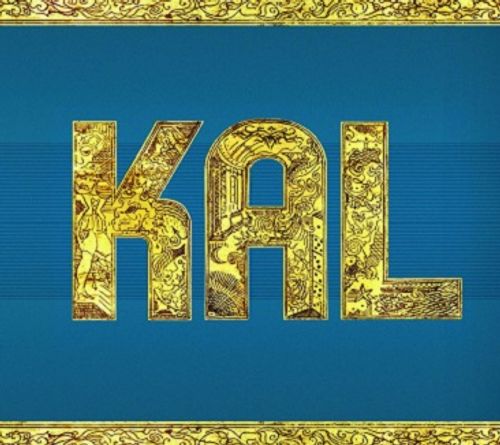
Rock'n'roll in attitude, fuelled on urban Gypsy beats and rooted in the Balkan blues.
Kal are the hottest Gypsy band from the suburbs of Belgrad, rock'n'roll in attitude, fuelled on urban beats and rooted in the Balkan blues. In their wit, imagination and ability to throw disparate sounds together they mark themselves as both part of Balkan Gypsy tradition and 21st Century lifestyle. Recorded on a bare bones budget at Dragan's ramshackle home studio this brilliant, intuitive album shifts Gypsy soul into cyberspace. To be a 21st Century Gypsy in Serbia involves navigating a potentially explosive cultural and social minefield. Currently no one acts as a more forthright guide through this mess of history, myths, traditions, prejudice and community pride than Belgrade's Kal. Kal are a young band, rock'n'roll in attitude, fuelled on dance beats and rooted in the Balkan blues. In their wit, imagination, ability to throw disparate sounds together and refusal to play by "folkloric" rules Kal mark themselves as both part of Balkan Gypsy tradition and 21st Century Roma cultural activists. The identity Kal carry forward is racially proud yet ethnically inclusive, forward looking while embracing the treasure of the last thousand years of lungo drom (long road), a culture determined to operate as equals in the ever evolving Nu-Europe we all share. While our post-modern, polyglot times may find employing terms like "commitment" and "mission" unfashionable Kal are a band who aim to make a difference. Kal the word is Romani for "black" were formed by the Ristic brothers, Dushan and Dragan, to confront the prejudices and clichés the Roma face. Dragan, a theatre producer who has set up Romani theatre groups in Budapest and Belgrade, and Dushan, a painter, aimed to use Kal to blend influences from traditional Balkan Gypsy music with the contemporary music they heard whilst living in Belgrade and Budapest. The Ristics grew up in Central Serbia, sons of Sreten Ristic, a school teacher ("our father was the first openly Roma teacher to graduate from teachers college") who also played music: this album is dedicated to Sreten. Their parents benefited from President Tito's efforts to include the Roma more in Yugoslav society and they encouraged Dragan and Dusan to take pride in their heritage while getting an education. This they continue: every summer they lead the Amala Summer School (
Share via:
